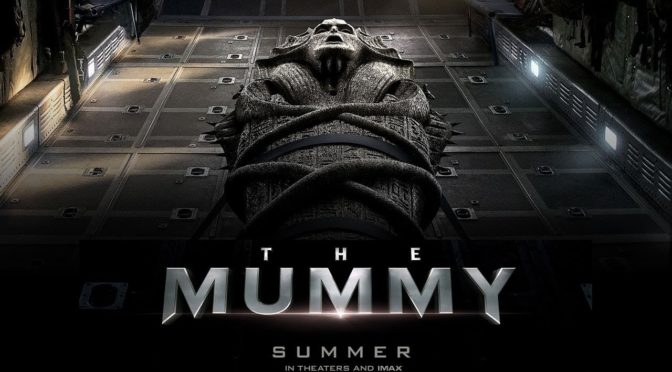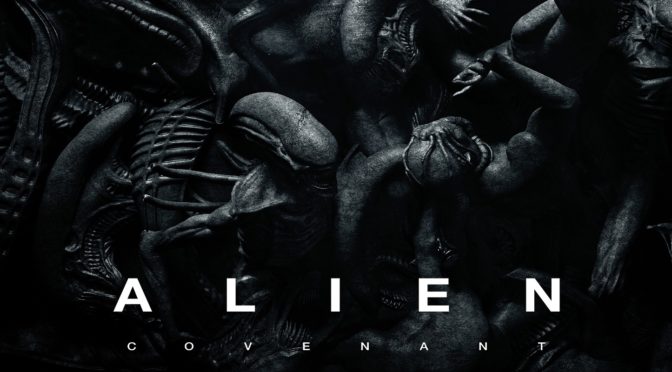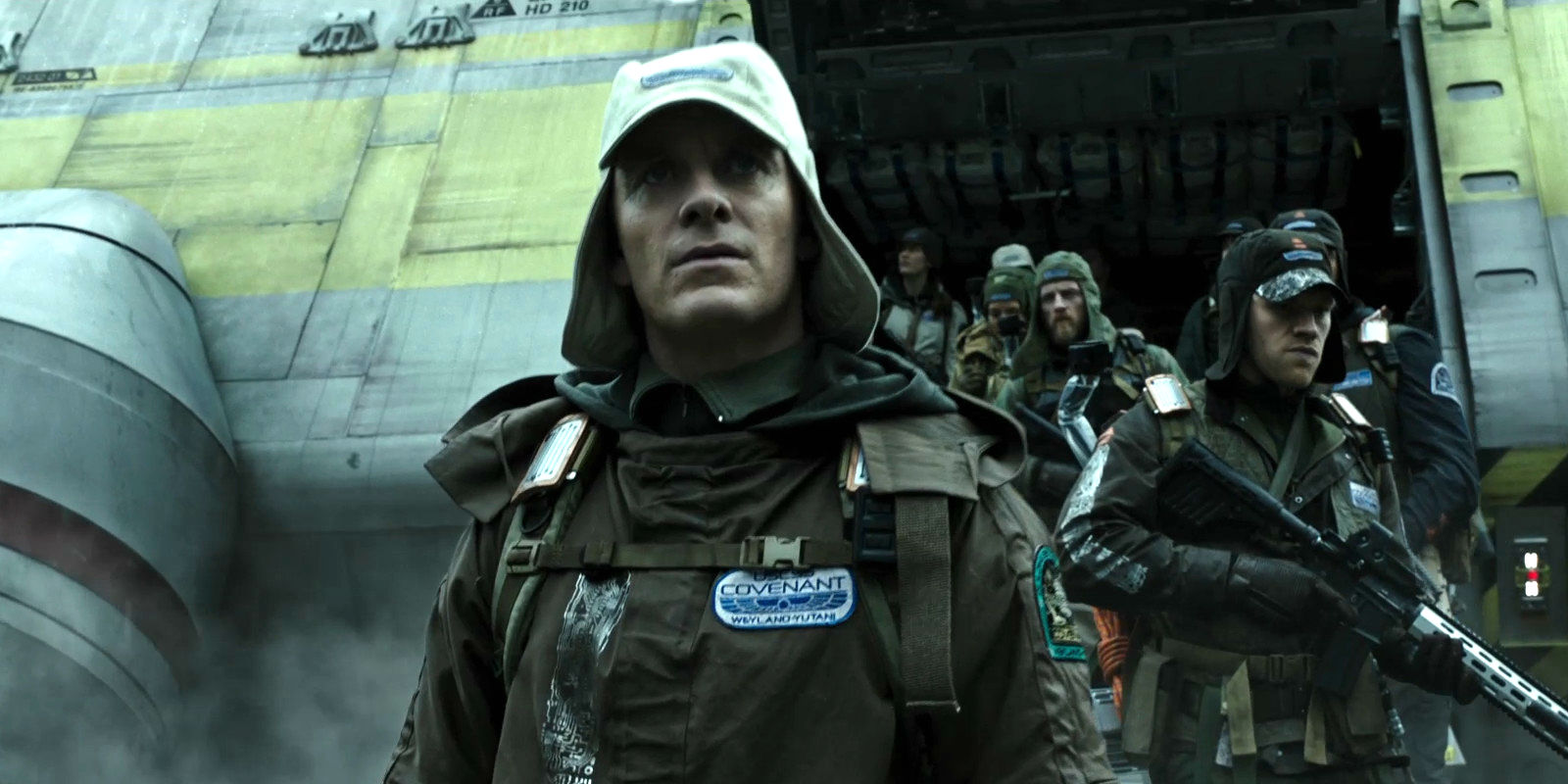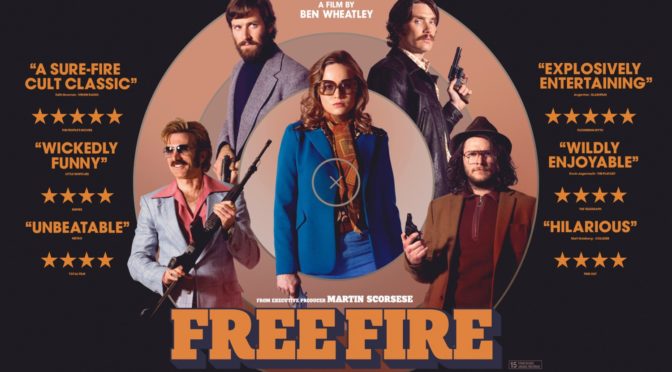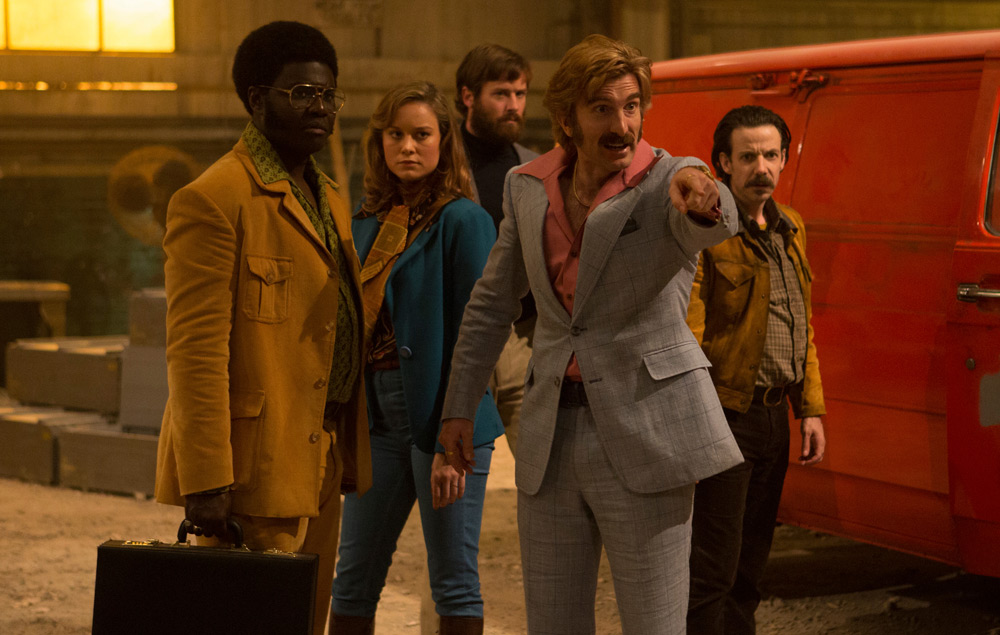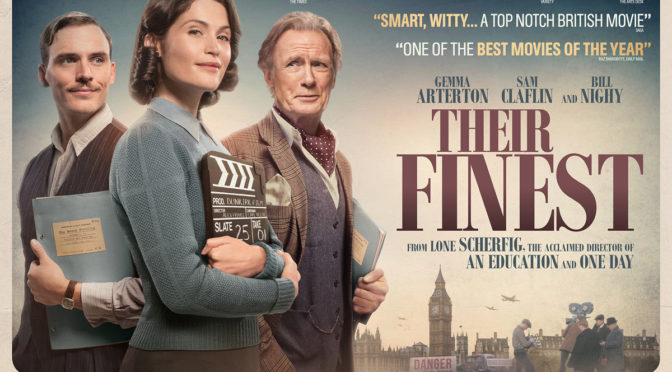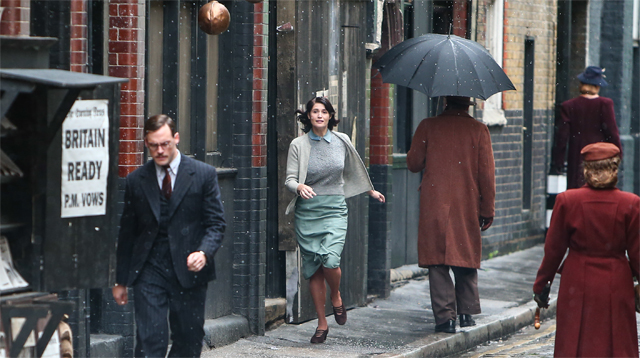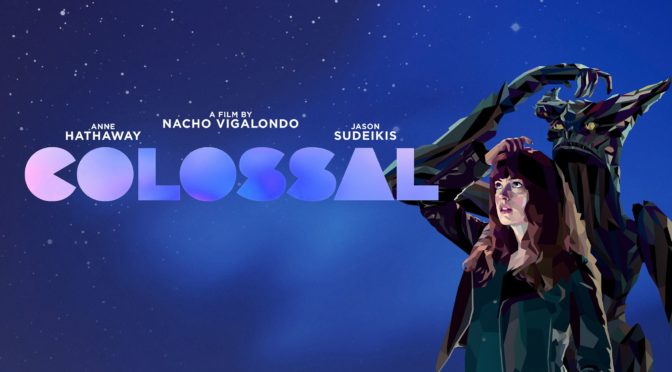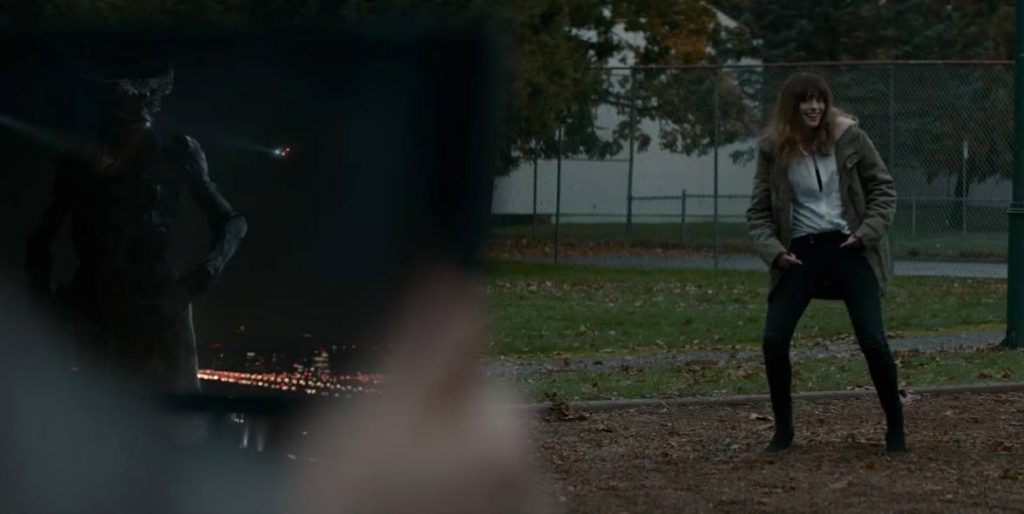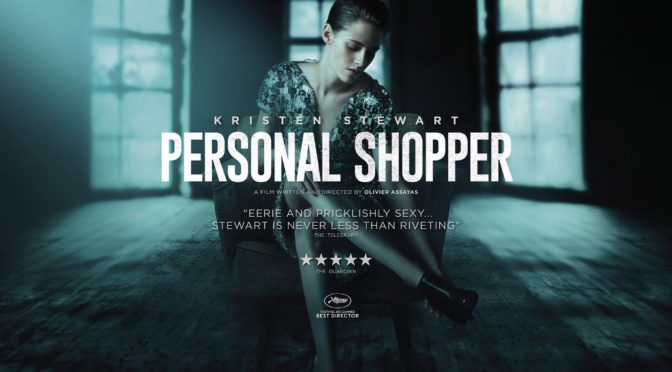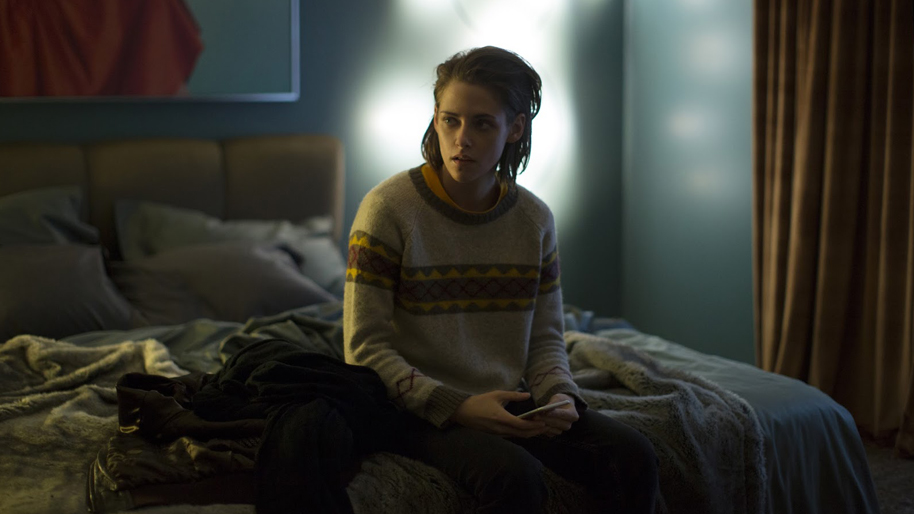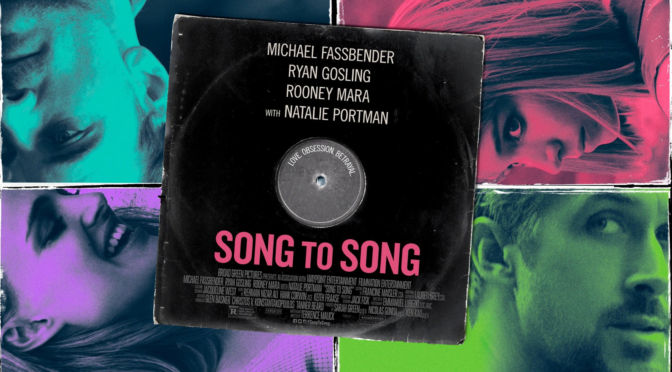Starting off with its own motion graphic, The Mummy heralds itself as the beginning of Universal Pictures’ Dark Universe, their own cinematic franchise built from their classic monster movies. Unlike Marvel or DC, Universal hasn’t had its characters in the public eye for many years. Their most recent effort was the Brendan Fraser and Rachel Weisz-starring version of The Mummy, so it’s logical that Universal would use a reboot of those films as a launching point for their franchise. But, this is more than a simple reboot. The previous Mummy films were goofy, Indiana Jones-esque action-adventures that didn’t take themselves too seriously. The 2017 film wants to be the next action blockbuster and has its own mythology with only a wink towards earlier entries.
This version has Tom Cruise and Jake Johnson as soldiers in Iraq that accidentally open up an ancient Egyptian tomb. The archaeologist accompanying their squad, played by Annabelle Wallis, recognizes the importance of their discovery and the sarcophagus is put on a plane back to England. Mid-flight, the mummy’s power manifests in ways that allow it (Sofia Boutella) to escape and continue her quest to unleash the Egyptian god of death, with the intent of using Cruise’s body as its host. Beyond the central plot, the film also lays the foundation for future entries into the franchise with Russell Crowe playing Dr. Jekyll, the leader of Prodigium, the Dark Universe’s own Nick Fury and S.H.I.E.L.D.
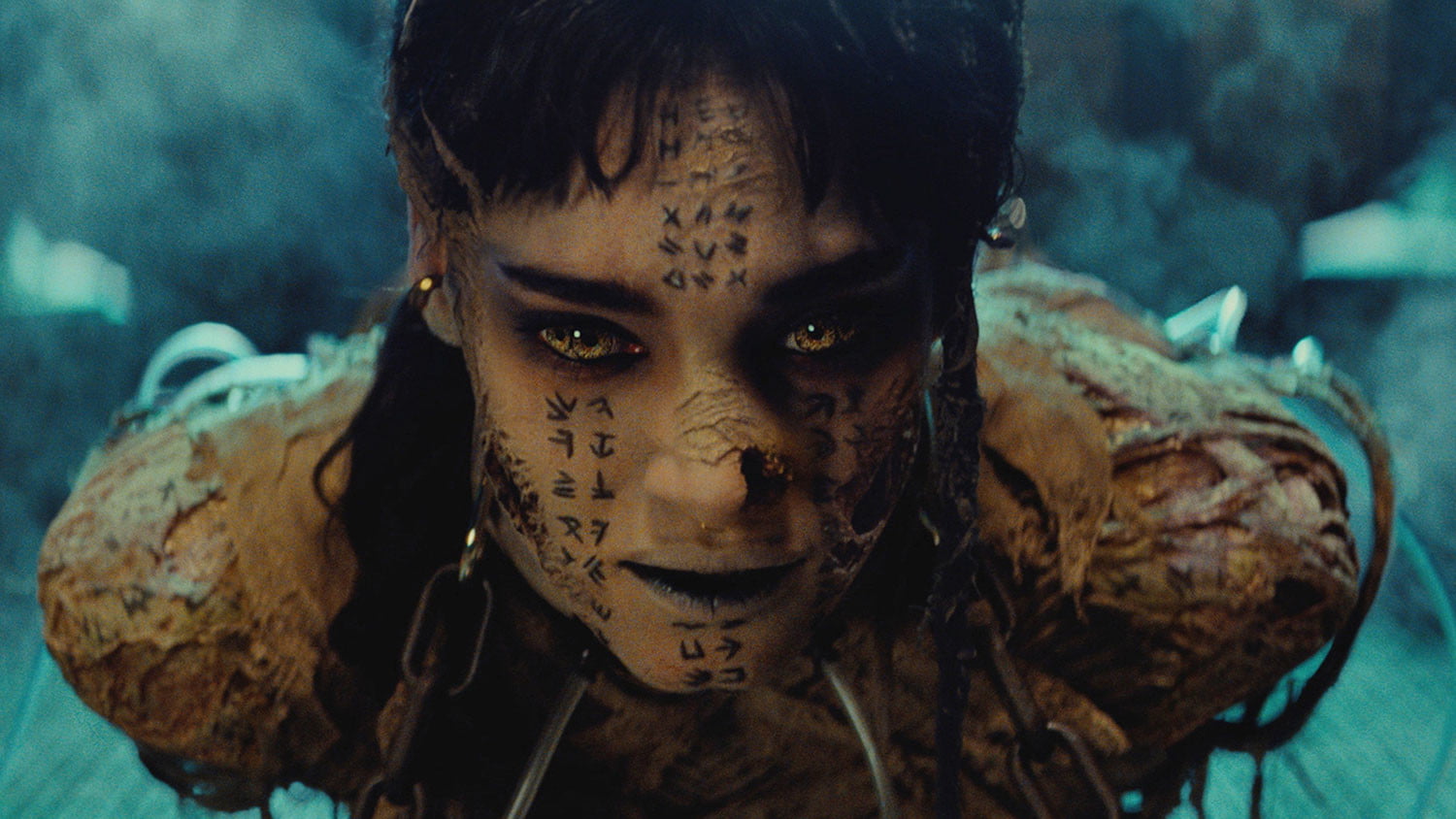
Cruise, for all the money he must have cost, is still a capable leading man during the action set pieces. Despite his age, he can hold his own even when leaping out of planes or going hand-to-hand with the undead. His Achilles heel is anytime the script requires him to be the loveable rogue. Many recent blockbusters, from Jurassic World to Guardians of the Galaxy, have shoehorned in a “will they or won’t they” romance between the male and female leads and The Mummy is no exception. Cruise and Wallis are written as the film’s own Han and Leia, but without any of the actual chemistry. Their relationship doesn’t develop as feelings grow, instead the filmmaker’s treat it as the only natural outcome between two attractive leads. The foregone conclusion makes their mutual jabs irritating and unnecessary rather than playful or charming.
The greatest flaw of the movie is that in trying to launch a new, expansive franchise, it bears the burden of appealing to as many people as possible. Unlike the Marvel movies that are able to have their solo character entries occupy a distinct genre, e.g. The Winter Soldier as a spy thriller, Kurtzman and his script attempt to incorporate elements of nearly all of today’s most popular films. There is the large-scale action like the airplane scene pulled straight out of the latest Mission Impossible movie, even going as far as copying their image compositions, the standard “witty banter” between the leads from a Marvel movie, and, surprisingly, the jump scares required of a horror movie. For his part, Kurtzman is adept at handling the action and creating tension even when the overall plot is obvious. He can’t however create a cohesive tone to the film. All the spastic genre switching creates the opposite of their desired effect. Instead of appealing to everyone, The Mummy is a film that doesn’t have enough of an identity create the fervor it so desperately wants. By trying to be everything at once, it spreads itself too thin to leave a lasting impression. It’s competently built but doesn’t make the case for a new fan following and leaves the fate of the Dark Universe in the hands of the subsequent films.

3/5 stars.
